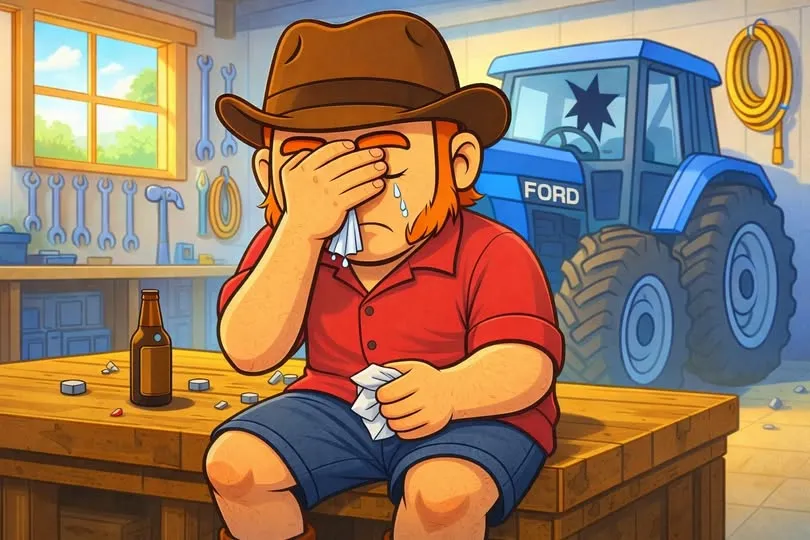Table of Contents
The word for today is…
wane (verb, noun):
verb
1: to decrease in size, extent, or degree : dwindle: such as
a: to diminish in phase or intensity—used chiefly of the moon, other satellites, and inferior planets
b: to become less brilliant or powerful : dim
c: to flow out : ebb
2: to fall gradually from power, prosperity, or influence
noun
1a: the act or process of waning
b: a period or time of waning - specifically : the period from the full moon to the new moon
2 [Middle English, defect, from Old English wana; akin to Old English wan deficient] : a defect in lumber characterized by bark or a lack of wood at a corner or edge
Source : Merriam -Webster
Etymology : In her book Braiding Sweetgrass, scientist Robin Wall Kimmerer, an enrolled member of the Citizen Potawatomi Nation, recounts some of the stories of her people surrounding Windigos, fearsome, shrieking monsters that prey on human flesh: “The Windigo is most powerful in the Hungry Times. With the warm breezes his power wanes.” Wane is a verb used when something—such as strength, power, or influence—decreases or diminishes, usually with the implication that the lessening is gradual, natural, or—as in the case of the Windigo—seasonal. Daylight wanes, as does summer. In a classroom, one’s attention may be said to wane if, minute by minute, one becomes more interested in watching birds through the window than following the points of the professor’s lecture. For centuries, wane has also been called upon to describe the seeming decrease in the size of the moon in the later phases of the lunar cycle. The traditional opposite of wane is wax, a once common but now rare synonym of grow. Wane and wax have been partnered in references to the moon since the Middle Ages.
If you enjoyed this Good Oil word of the day please consider sharing it with your friends and, especially, your children.







